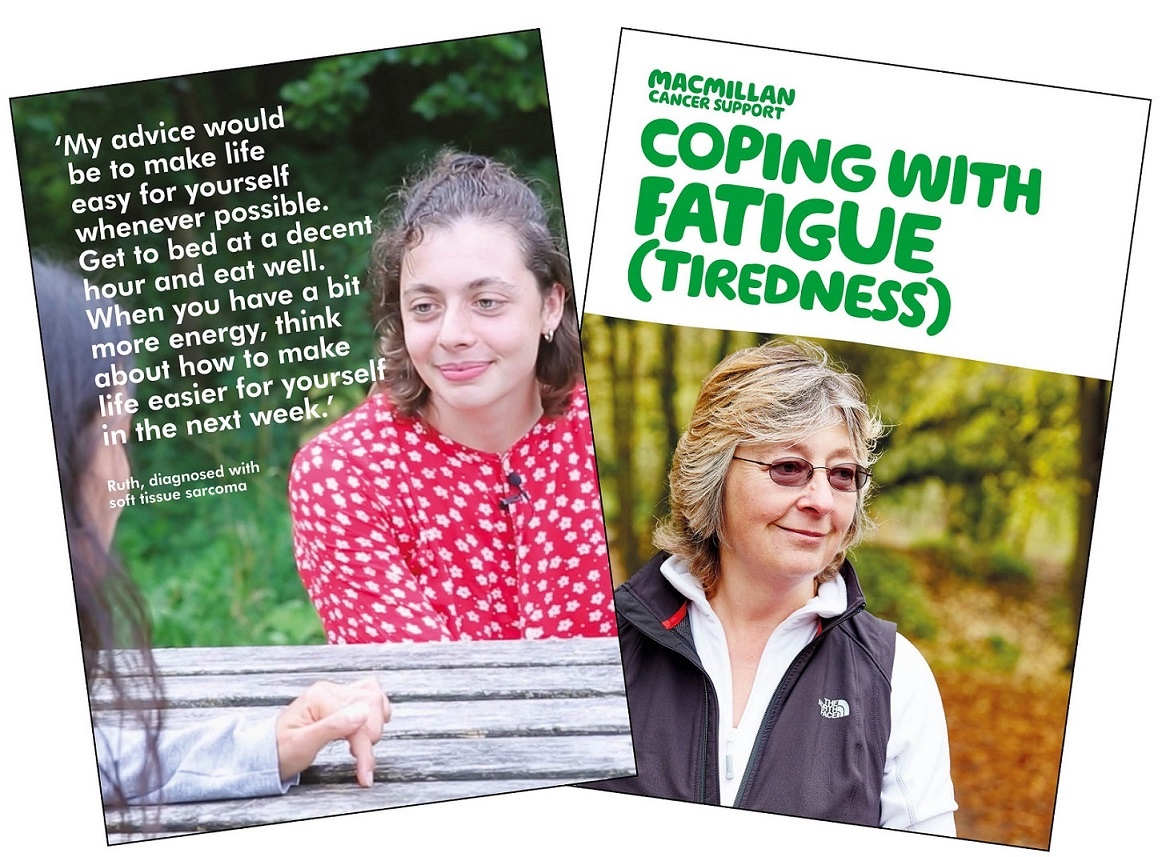In this blog, Content Developer Azmina sets out practical tips for coping with fatigue caused by cancer or its treatment.
As many as 9 out of 10 people with cancer (90%) get cancer-related fatigue (CRF) at some point. If you have CRF, you may feel very tired or exhausted all or most of the time.
CRF is different from the everyday tiredness that people without cancer may experience. You may get tired quickly after small amounts of activity. Even after resting or sleeping, you may still feel exhausted.
It is possible to manage CRF and support is available. Your healthcare team may be able to help improve your quality of life.
What causes fatigue?
CRF is complex and the causes are not fully understood. There are many possible reasons why you feel so tired, including:
Tips for managing fatigue
CRF can affect your daily activities, but there are things you can do to manage fatigue:
If you have not been very active for a while, it is best to start slowly and get advice from your doctor or nurse. You could set yourself simple goals, like walking from the front door to the back door. Then try to walk a bit further around the house each time.
A physiotherapist can suggest exercises that are safe and suitable. You can also order our free Move More pack, which includes a DVD with gentle activity videos you can do at home.
Drink plenty of fluids and try different foods if you have taste changes, until things improve. If you have lost your appetite, you can eat regular, small portions of food rather than a big meal, or get high-calorie drinks on prescription. It may help to prepare extra food when you feel less tired and freeze it.

For more tips, you can read the information on our website or order our free booklet Coping with fatigue (tiredness). Call our Support Line free on 0808 808 00 00 (7 days a week, 8am to 8pm) to talk to an experienced cancer nurse about managing fatigue.
To see what else Macmillan's cancer information team has been blogging about, please visit our blog home page! You can subscribe to receive our blogs by email or RSS too.
We're with you every step of the way
The Macmillan team is here to help. Our cancer support specialists can answer your questions, offer support, or simply listen if you need a chat. Call us free on 0808 808 00 00.
Comments? Feel free to add them below (you need to be logged in).
Whatever cancer throws your way, we’re right there with you.
We’re here to provide physical, financial and emotional support.
© Macmillan Cancer Support 2025 © Macmillan Cancer Support, registered charity in England and Wales (261017), Scotland (SC039907) and the Isle of Man (604). Also operating in Northern Ireland. A company limited by guarantee, registered in England and Wales company number 2400969. Isle of Man company number 4694F. Registered office: 3rd Floor, Bronze Building, The Forge, 105 Sumner Street, London, SE1 9HZ. VAT no: 668265007